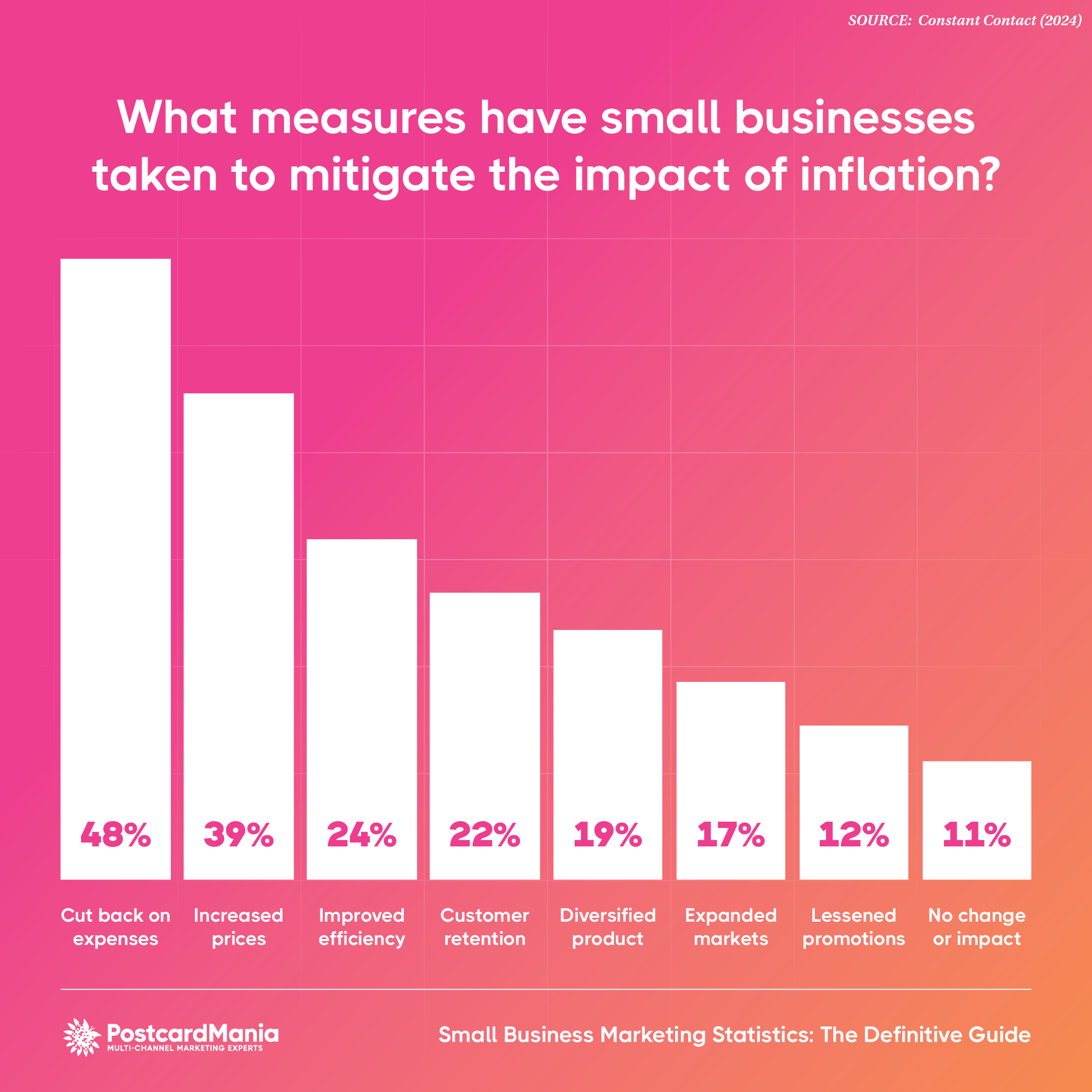How Can Small Businesses Inspire Growth in the Market?
Small businesses are the backbone of the economy, accounting for over 90% of all businesses in the United States. They play a vital role in creating jobs, driving innovation, and stimulating economic growth. However, small businesses often face challenges in growing their market share. So, how can small businesses inspire growth in the market?
Innovation
Small businesses are often more innovative than larger businesses. This is because they are not bound by bureaucracy and can take risks more easily. This can lead to the development of new products and services that can benefit consumers. For example, in the tech industry, small businesses have been responsible for some of the most groundbreaking innovations, such as the personal computer, the smartphone, and the internet.
Agility
Small businesses are also more agile than larger businesses. This means that they can respond quickly to changes in the market. For example, when the COVID-19 pandemic hit, many small businesses were able to quickly pivot their operations to meet the needs of their customers. This agility is a key competitive advantage for small businesses.
Customer Service
Small businesses typically have better customer service than larger businesses. This is because they are more focused on building relationships with their customers. Small businesses also have a vested interest in making sure that their customers are happy, as they rely on word-of-mouth marketing to attract new customers.
Community Involvement
Small businesses are often deeply involved in their communities. They sponsor local events, donate to charities, and support local businesses. This community involvement can help to build goodwill and attract new customers. For example, a local coffee shop that hosts community events may become a favorite gathering place for residents.
Conclusion
Small businesses have a lot to offer the market. They are innovative, agile, have great customer service, and are deeply involved in their communities. By leveraging these strengths, small businesses can inspire growth in the market and make a real difference in the economy.
How Can Small Businesses Inspire Growth in the Market?
In today’s competitive market, small businesses face an uphill battle to stand out and thrive. However, they can inspire growth by focusing on what makes them unique: their flexibility, nimbleness, and ability to provide personalized customer service.
Customer Service
Small businesses have a distinct advantage when it comes to customer service; they’re able to treat each customer like a valued individual, building relationships over the long haul. This personalized approach fosters loyalty and repeat business, giving small businesses a leg up in a market often dominated by larger, impersonal competitors.
Flexibility and Innovation
Unlike their larger counterparts, small businesses are nimble and can adapt quickly to changing market conditions. Their ability to make decisions swiftly allows them to capitalize on new opportunities and pivot as needed. Besides, they’re not burdened by bureaucracy, so they can implement changes and introduce innovative products or services much faster.
Community Involvement
Small businesses are deeply ingrained in the communities they serve, making them integral to the local ecosystem. They actively engage in local events, support charities, and forge partnerships with other businesses, building a strong foundation of goodwill.
Personalized Marketing
Small businesses have a wealth of customer data at their fingertips, which they can use to create highly targeted marketing campaigns that speak directly to each customer’s needs and preferences. By leveraging this information, they can maximize their marketing efforts and get a better return on investment.
Employee Engagement
Small businesses treat their employees as family, fostering a sense of camaraderie and loyalty that’s hard to find in larger organizations. They empower their employees to take ownership of their work, contribute ideas, and make decisions, leading to higher job satisfaction, increased productivity, and reduced turnover.
